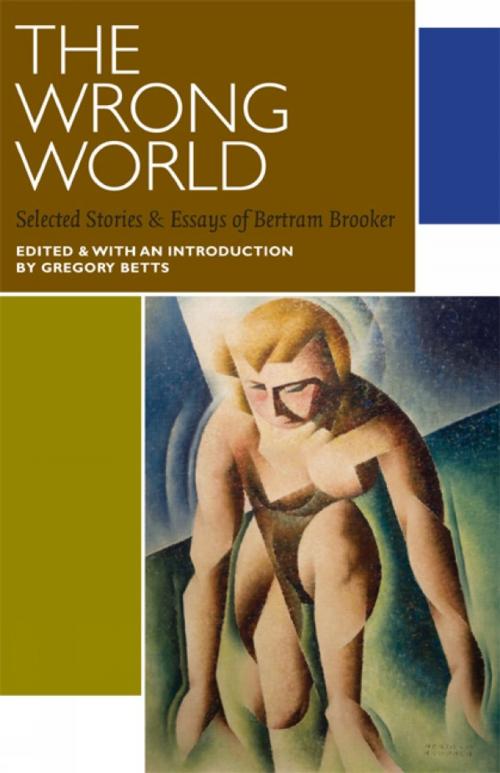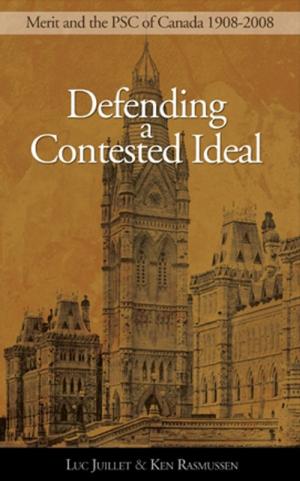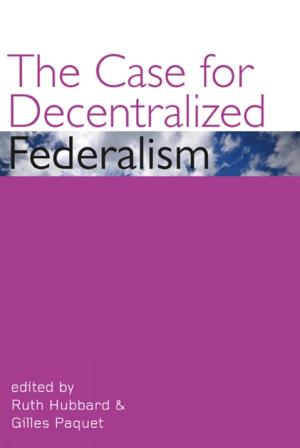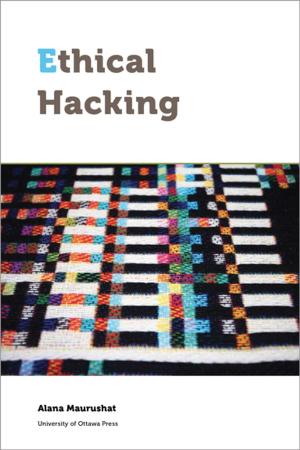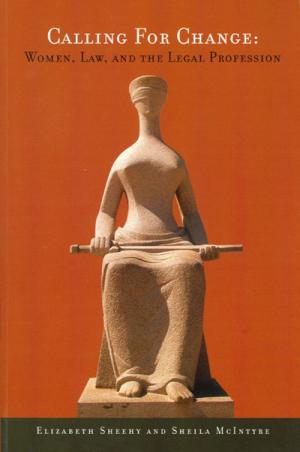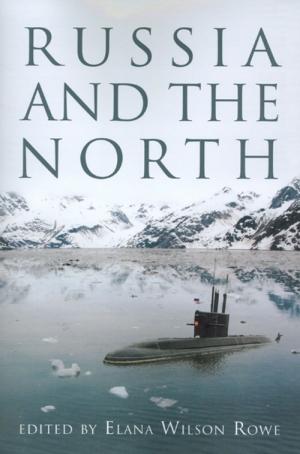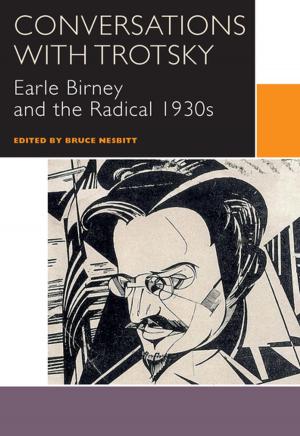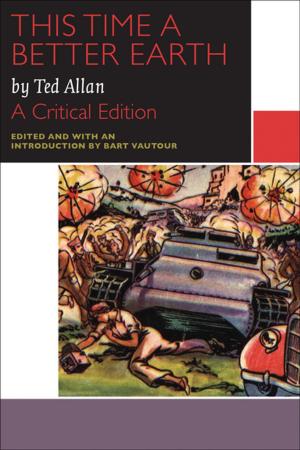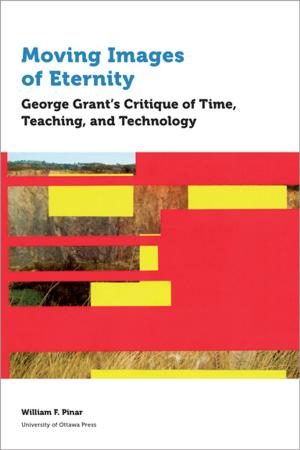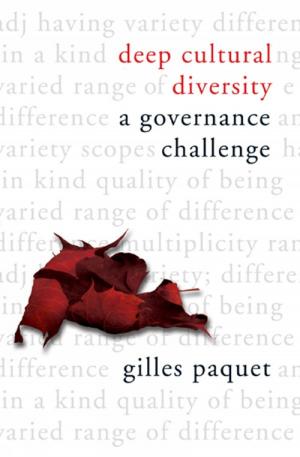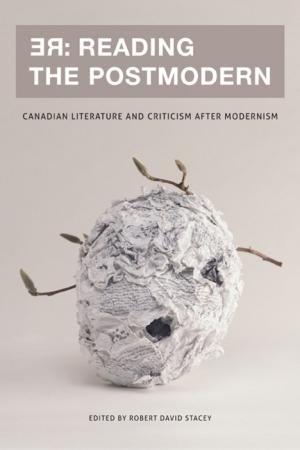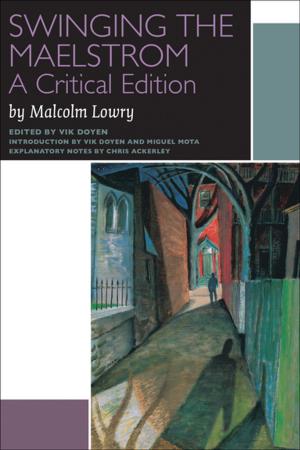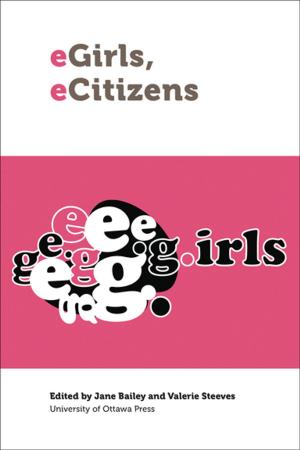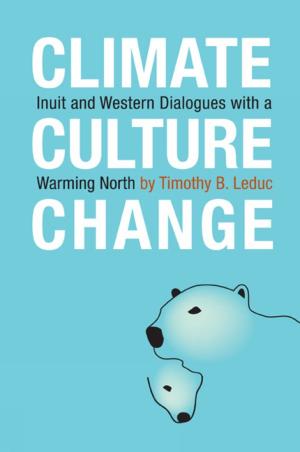The Wrong World
Selected Stories and Essays of Bertram Brooker
Fiction & Literature, Literary Theory & Criticism, Short Stories| Author: | Bertram Brooker | ISBN: | 9780776618180 |
| Publisher: | University of Ottawa Press | Publication: | July 1, 2010 |
| Imprint: | University of Ottawa Press | Language: | English |
| Author: | Bertram Brooker |
| ISBN: | 9780776618180 |
| Publisher: | University of Ottawa Press |
| Publication: | July 1, 2010 |
| Imprint: | University of Ottawa Press |
| Language: | English |
Bertram Brooker won the country's first Governor General's Award for literature in 1936 for his novel Think of the Earth, and his explosive, experimental paintings hang in every major gallery in the country. He was Canada's first multidisciplinary avantgardist, successfully experimenting in literature, visual arts, film, and theatre. Brooker brought all of his experimental ambitions to his short fiction and prose. The Wrong World presents a rich sampling of his prose work, much of it previously unpublished, which adds new insight into his aesthetic ambitions.
Working during an incredible period of transition in Canadian society, Brooker's stories document Canada's evolution from a provincial colony into a modern, urban country. His essays participated in that evolution by advocating a passionate awakening of the arts, the end of prudish sentiment and censorship, and a radical rethinking of the nature of war. They capture the limitations and hypocrisies of the Canadian social contract and argue for a more just and spiritual society. His stories humanize his social vision by dramatizing the psychological and emotional cost of Canada's transition into a modern civilization. In turn devastating, penetrating and poignant, Brooker's prose works offer a sharply focussed window into the turbulent interwar years in Canada.
Bertram Brooker won the country's first Governor General's Award for literature in 1936 for his novel Think of the Earth, and his explosive, experimental paintings hang in every major gallery in the country. He was Canada's first multidisciplinary avantgardist, successfully experimenting in literature, visual arts, film, and theatre. Brooker brought all of his experimental ambitions to his short fiction and prose. The Wrong World presents a rich sampling of his prose work, much of it previously unpublished, which adds new insight into his aesthetic ambitions.
Working during an incredible period of transition in Canadian society, Brooker's stories document Canada's evolution from a provincial colony into a modern, urban country. His essays participated in that evolution by advocating a passionate awakening of the arts, the end of prudish sentiment and censorship, and a radical rethinking of the nature of war. They capture the limitations and hypocrisies of the Canadian social contract and argue for a more just and spiritual society. His stories humanize his social vision by dramatizing the psychological and emotional cost of Canada's transition into a modern civilization. In turn devastating, penetrating and poignant, Brooker's prose works offer a sharply focussed window into the turbulent interwar years in Canada.
